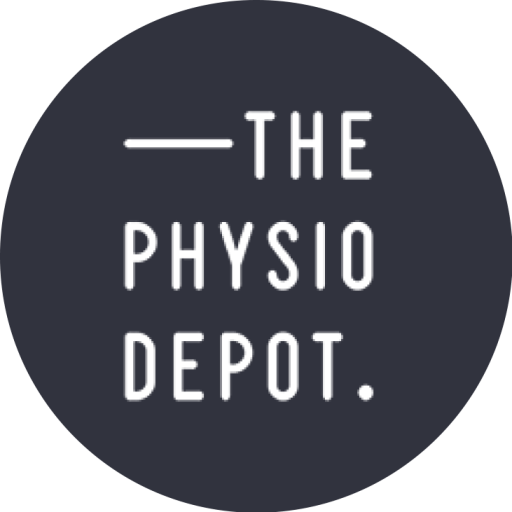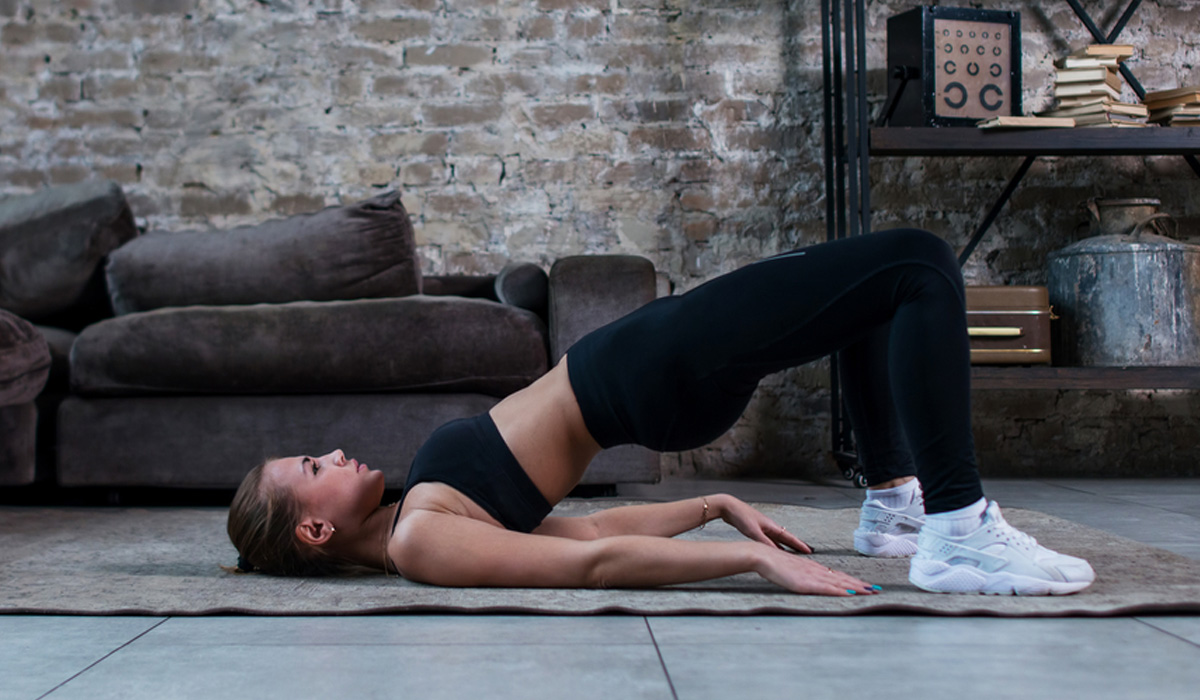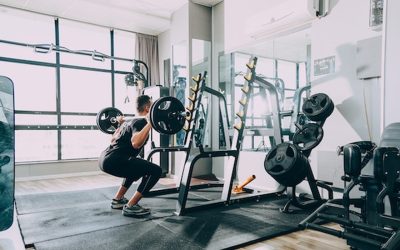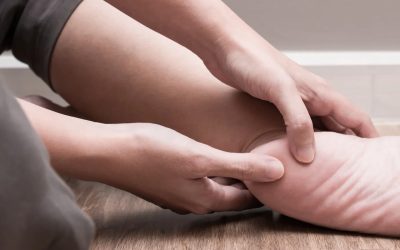Are you struggling with persistent hip pain that is not getting better?
Do you get hip pain lying on that side in bed?
Do you suffer for a few days after a long walk or going up lots of stairs?
You could have a gluteal tendinopathy!
What is a gluteal tendinopathy?
Gluteal tendons live on the outer aspect of the hip and connect your big glute muscles to the hip bone. Their job is to stabilise the pelvic and hip during activity. Tendinopathy is characterised as tiny micro tears within the fibres of the tendon where it attaches onto the bone. The tendons job is dissipate load evenly onto the hip bone as the muscle contracts. When the load becomes to great for the tendon we get a very sore tendon that starts to break down over time. Typically this type of injury affects highly active population or sedentary females aged 40-60.
Symptoms of gluteal tendinopathy?
Soreness over the outer aspect of the hip that is often noticed during or after the following activities:
- Prolonged walking or fast walking
- Getting up after prolonged sitting
- Sitting with your legs crossed
- Getting out of bed first thing in the morning
- Sleeping on your side
- Navigating a lot of stairs
- Pain that starts with an activity like running that gets better once you warm up.
- Tenderness touching outer hip bone and muscles.
- Gym programs involving jumping work or lots of single leg strength exercises.
What causes gluteal tendinopathy to develop?
- Poor lumbo-pelvic control.
- Weakness in hip muscles: Specifically glute medius and minimus.
- Poor daily habits: Standing positions or sitting with legs crossed.
- Sitting in low chairs prolonged periods.
- Running load: Increasing speed or hill training or weekly kilometres.
- Holidays: Yes that trip to Europe with all that walking is common spike that can make tendons unhappy.
- Starting an exercise program with a little too much motivation.
- Age: As you get older your tendons get weaker generally and handle changes in load less.
What is the best treatment for gluteal tendinopathy?
Settling the pain in the acute phase is fundamental
- Relative rest (not complete rest!).
- Ice regularly: 3-5 minutes applied frequently.
- Topical anti-inflammatory gels applied for 3-4 days overnight.
- Using the muscle: Gentle sustained contractions (isometrics) are very useful to reduce pain.
Graded strengthening program
- A structured rehabilitation program firstly targeting local hip muscle strengthening
- Progressing to functional heavy strength training is paramount
Time
- Patience & consistency with your exercises gets this better
How long does it take for gluteal muscle to heal?
An acute flare up of a gluteal tendon can take between 6-8 weeks to settle. If the condition is long standing it can take anywhere between 9-12 months to resolve. However, it is important to remember that your symptoms can be managed and greatly improved within the first few weeks of physiotherapy treatment.
Unfortunately, gluteal tendinopathy won’t resolve with time, it needs strength!
If you are suffering from lateral hip pain book in to see your local physiotherapist for an individualised management plan.




